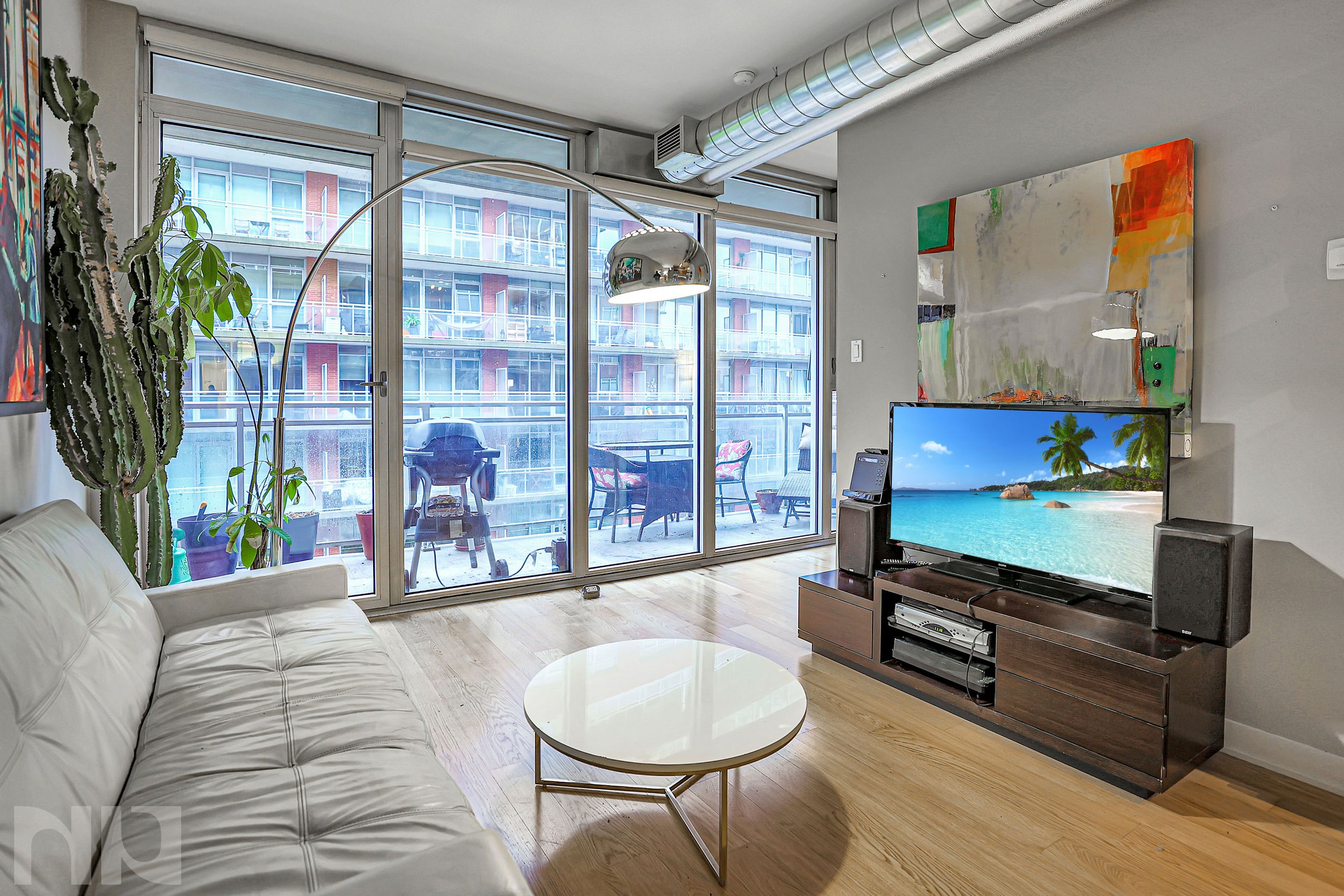The Airbnb Market in Ottawa: Hosting Tips and Legal Considerations
The Airbnb market in Ottawa continues to thrive, offering hosts an opportunity to earn extra income by renting out their properties. However, to succeed and comply with current regulations, it's essential to stay informed about hosting tips and legal considerations. This guide provides an overview of best practices and the latest rules for Airbnb hosts in Ottawa as of 2024.
Hosting Tips
Optimize Your Listing: High-quality photos and detailed descriptions are crucial. Highlight unique features of your property and its proximity to popular Ottawa attractions.
Set Competitive Pricing: Research comparable listings in your area to set a competitive price. Consider seasonal fluctuations and local events that may impact demand.
Enhance Guest Experience: Provide amenities such as Wi-Fi, fresh linens, and local guides. Personal touches, like a welcome basket, can lead to positive reviews and repeat bookings.
Maintain Cleanliness: Cleanliness is paramount. Consider hiring a professional cleaning service to ensure your property is spotless between guests.
Communicate Promptly: Respond to inquiries and booking requests quickly. Clear and friendly communication can significantly improve your ratings.
Legal Considerations
Short-Term Rental Permit: Under the new Short-Term Rental By-law, a permit is required if you plan on renting your principal residence, or part of a residential unit for a period of less than thirty (30) consecutive nights. This permit ensures compliance with zoning bylaws and safety regulations.
Requirements to be a Host:
Homeowners: Can offer short-term rentals in their own home (principal residence).
Renters: Can offer short-term rentals in the rental unit that is their principal residence, unless prohibited by their landlord.
Condominium and Housing Co-operative Unit Owners: Can offer short-term rentals in their principal residence, unless prohibited by their condominium corporation or housing co-operative.
Rural Homeowners and Cottage Owners: Can offer “cottage rentals” with a separate permit. This must be separate from any permit for their primary residence.
Permitted Locations:
In a principal residence in the urban area, except where bed and breakfast use is prohibited by the Zoning By-law.
In a principal residence in rural villages.
In a cottage or vacation home, secondary suite, or coach house in rural areas other than villages.
In certain dwellings that have been legally established as hotels prior to the in-force date of the Short-Term Rental By-law (conditions apply).
Listing and Management:
Short-term rental hosts can only list (market or book) a short-term rental through short-term rental platforms registered with the City.
Hosts must include the City-issued host permit number and the maximum number of overnight guests, as noted on the host permit, on all listings.
Hosts must provide guests with contact information and information about noise, parking, and smoking and vaping regulations, as well as fire safety and emergency services.
Hosts may retain an agent to manage bookings and maintain the property. These property managers must register with the City and are subject to similar rules as the host and must have the written authorization of the host.
Landlord and Condominium Corporation Prohibitions:
A landlord, condominium corporation, or housing co-operative may prohibit short-term rentals in their properties. Host permits submitted for prohibited properties will not be issued, and host permits issued prior to the registration of a prohibition will be revoked.
Permit Application Process:
Hosts need a City-issued host permit for their principal residence, at a cost of $112 for two years.
A separate City-issued cottage rental permit, at a cost of $112 for two years, is needed to rent one cottage or home in the rural area.
Applications can be submitted online via email to str_lcd@ottawa.ca or through the online application form, or in person at the Business Licensing Centre (735 Industrial Avenue, 2nd floor, Monday to Friday, 8:30 am to 4:30 pm).
Permit Application Requirements:
Applicant must be at least eighteen (18) years of age.
Proof of ownership or lease and, if the property is a rental, written consent from the property owner for its use as a short-term rental.
Proof that the property is the principal residence of the host, such as an Ontario driver’s license or Ontario identification card.
A floor plan showing the square footage of the residential unit, including the number of bedrooms.
Proof of insurance.
A signed declaration confirming that the applicant is aware of and will comply with the requirements of the Short-Term Rental By-law.
Payment in full of the applicable fee.
Additional Requirements for Short-Term Rental Property Managers:
Acceptable results of a Criminal Records and Judicial Matters Check.
A signed declaration confirming no outstanding criminal charges or warrants.
An Ottawa business address to which notices may be sent.
A telephone number and email address.
Proof of insurance.
Payment in full of the applicable fee.
Fee Schedule:
Host permit: $58 Administration Fee + $54 Permit Fee (2 years).
Replacement copy of a host permit: $20.
Register as a short-term rental property manager: $58 Administration Fee + $147 Registration Fee (1 year).
Register as a short-term rental platform (Tier 1 – Less than 100 listings): $58 Administration Fee + $1,025 Registration Fee (3 years, under the trial period).
Register as a short-term rental platform (Tier 2 – 101-500 listings): $58 Administration Fee + $2,563 Registration Fee (3 years, under the trial period).
Register as a short-term rental platform (Tier 3 – More than 500 listings): $58 Administration Fee + $5,125 Registration Fee (3 years, under the trial period).
Register a prohibition against a short-term rental: $58 Administration Fee + $5 per residential unit (if applicable).
Remove a prohibition against a short-term rental: $58 Administration Fee + $5 per residential unit (if applicable).
By following these hosting tips and staying compliant with Ottawa's legal requirements, you can effectively manage your Airbnb listing and provide a great experience for your guests. Keep updated with any regulatory changes to ensure your hosting activities remain lawful and profitable.































